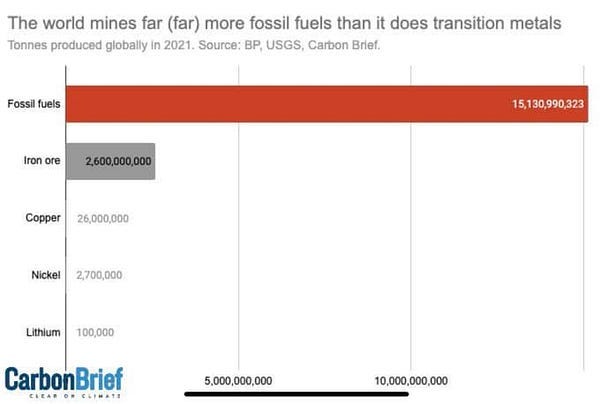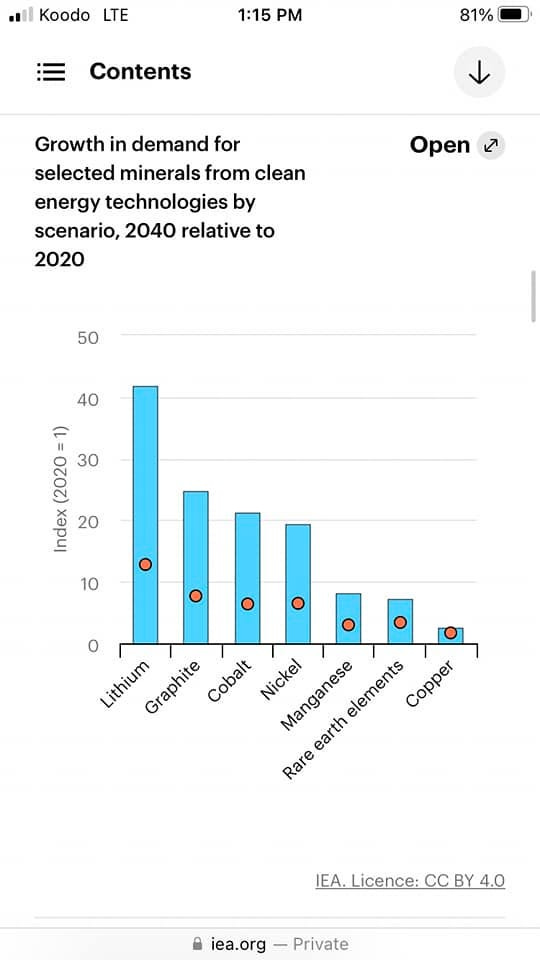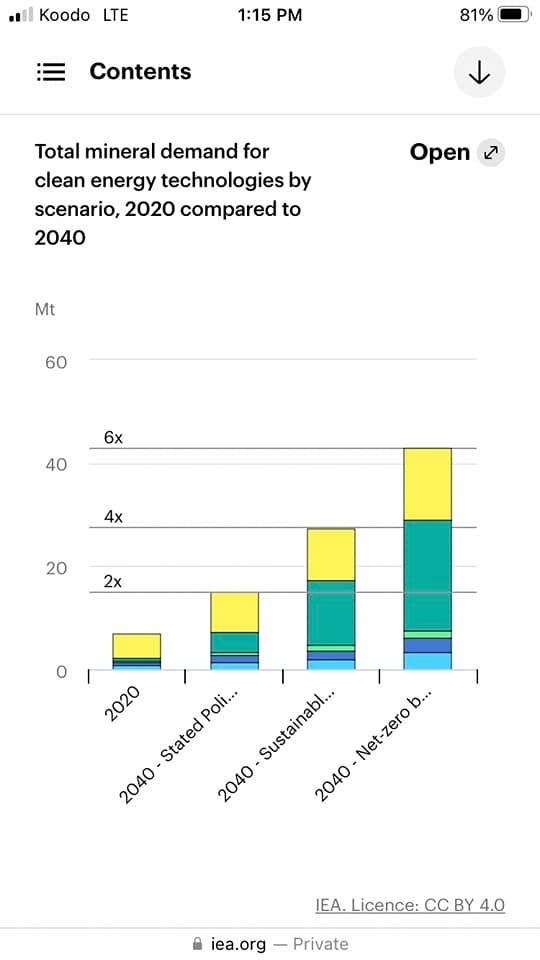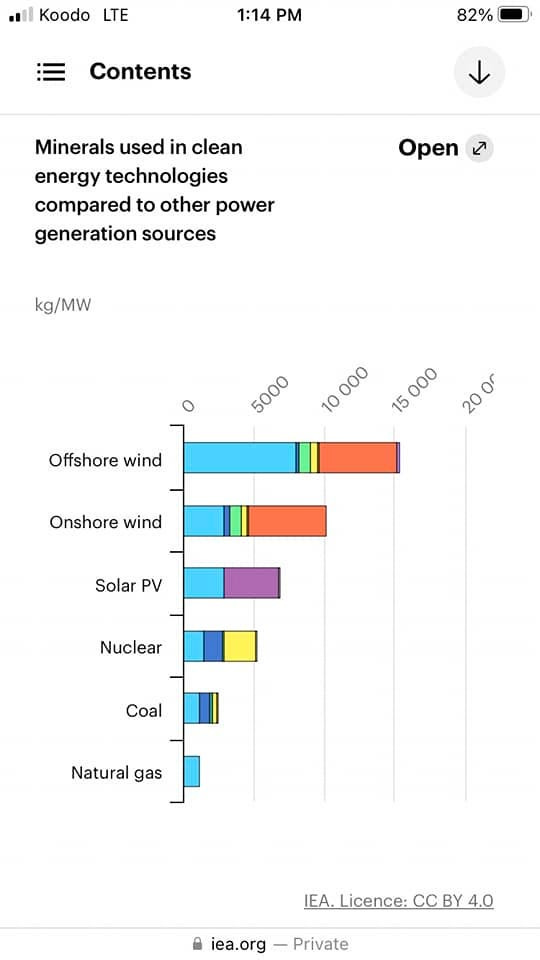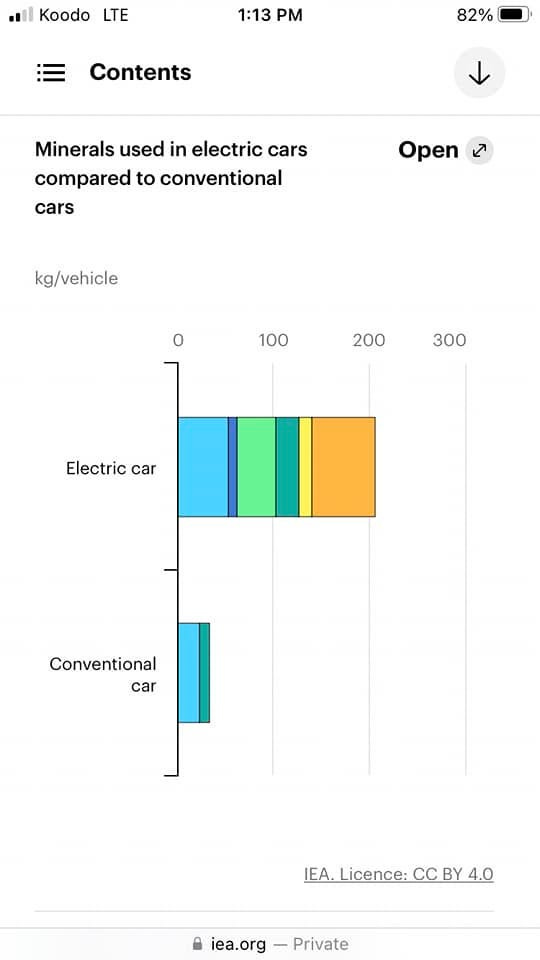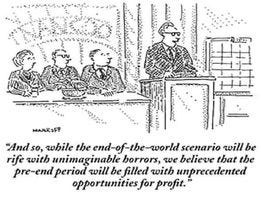Today’s Contemplation: Collapse Cometh XCVI
Technological ‘Breakthroughs’, Ponzi Schemes, and ‘Green’ Energy
February 3, 2023 (original posting date)
Technological ‘Breakthroughs’, Ponzi Schemes, and ‘Green’ Energy
A collection of my recent comments on posts/articles that have been shared with me via FB groups/pages. I share these to provide further ‘insight’ into where I am coming from in my understanding/learning but also to share the differing opinions/beliefs that exist (see the last/third conversation).
January 31, 2023
Post by CM via Peak Oil FB group: Article posted (https://www.freethink.com/space/space-planes?utm_medium=Social&utm_source=Facebook#Echobox=1675103347) and introductory paragraph:
“On January 19, Washington-based startup Radian Aerospace came out of stealth mode, announcing that it had secured $27.5 million in funding to develop the Radian One, a first-of-its-kind space plane that flies into orbit after taking off horizontally from the ground.”
CM’s introduction: I doubt, it’ll ever be developed.
My comment: Almost all such projects, breakthroughs, magical solutions, etc. are never developed or become a literal money pit. This is one of the ways ‘hope’ is kept alive, but also how many fund their careers. Near-limitless cheap and clean fusion energy is one such animal. Always just another handful of years away. Keep funnelling funds to the industry/research teams and we can achieve it…nothing is impossible for humanity if we put our collective minds to it.
January 30, 2023
Some back and forth dialogue between SC and me in response to my last Contemplation via Degrowth FB group:
SC: The high immigration growthist policies of Canada and Australia amounts to a continuation of colonization. It seems indigenous people are so caught up in the rhetoric of diversity that they don’t call it out as such. ??
Me: That’s true. I do believe, however, that the primary purpose of such immigration policies is not for the virtue-signalling reasons provided to the masses by the government but to keep the Ponzi that is the economic system sputtering along for a few more quarters/years. With domestic populations not reproducing at a fast enough rate to keep an economy expanding, so-called ‘advanced’ economies need to steal ‘consumers’ from other countries. Much tougher for the ruling caste to extract their profits from the ‘national treasury’ when an economy is contracting.
SC: Very true. I’m glad you don’t fall into the fallacy of fearing an aging population, too, btw. https://population.org.au/discussion-papers/ageing/
Me: I would argue that the fears around a demographic cliff are mostly held by and perpetuated by economists that know (but cannot divulge openly) that our monetary/financial/economic systems are little more than a complex and very fragile Ponzi scheme (that they have helped to create and inflate). In fact, the truth of the matter is probably closer that everyone knows these are little more than Ponzi schemes but given we are all caught up in them and completely dependent upon them we all look the other way…
SC: Yeah, I’m not so sure there are so many aware people… mixed feelings if it’s true ay…
Me: I think it’s part and parcel of our ability and tendency to deny reality. See the work of Ajit Varki https://psycnet.apa.org/record/2020-08774-006
A rather contentious back and forth (with several others involved as well that I have not included) with one individual on the Peak Oil FB group we are all members of. The comments are in response to an announcement by AZ that he is interviewing Geological Survey of Finland geologist Simon Michaux and seeking questions to ask:
SP: Perhaps ask him why his assumptions on the amount of infrastructure required for energy transition is so radically different than other professional energy system modelers (who have actually had their work peer reviewed). Specifically, he assumes 150X the level of stationary battery storage requirements of others. This error then drives his other (now spectacularly incorrect) conclusions about the levels of resources required.
https://twitter.com/aukehoe.../status/1594084375972712448...
Me: Auke Hoekstra’s career depends almost entirely upon the narrative he is peddling. All his income appears to come from the idea that investment in renewables is well worth it. Research grants (as a university researcher at Eindhoven University of Technology). Capital investments (as program director of Neon Research and Zenmo.com). He is highly incentivized to persuade others that investment in renewables (and his research) is worthwhile; and that critics of this are wrong. Not sure I see such bias in Simon Michaux’s work.
SP: it’s not just Auke. He just compiled the most articulate single response I have seen. It’s pretty much every single professional energy systems designer. The utilities, the capital, the whole space. Not one single professional thinks multiple days of battery storage are necessary. Let alone weeks. But then along comes Simon with his PowerPoint, and a bunch of media articles start popping up about how energy transition is not possible because we can’t build enough batteries, based on Simon’s bad forecast. At best, it wastes everybody’s time debunking his nonsense. More likely it adds enough fear uncertainty and doubt that we lean on fossil a while longer, with all the associated ecological impacts. He isn’t helping.
Me: What I find ‘interesting’, given you raise the issue of ecological impacts, is how often (always?) the ecological destruction that accompanies ‘renewables’ is left out of the equation; especially given its destruction has led to extreme biodiversity loss, probably our more and most pressing negative impact of our ecological overshoot. Those who cheerlead a shift from fossil fuels deny/ignore/rationalise away those impacts from the huge amount of fossil fuels that are still required (and may be in perpetuity) to produce alternatives and all the mining for the mineral resources to make them functional. Rare (in fact, mostly nonexistent) is the recognition by renewable cheerleaders (most who claim to be supporting it for its positive environmental/ecological aspects) that they too would destroy our natural world — particularly given how much destruction would be required to even replace a fraction of what fossil fuels currently provide.
SP: the “ecological destruction” from (most responsible) renewables (meaning not palm oil, gen 1 biofuels, etc) is minuscule compared to the fossil sources they are replacing. These impacts are not ignored. They are just a whole lot less worse. The ugly trend of the last year is that when new cleaner tech shows up, all the sudden the hard right “come and take it” types that will not stop burning oil for any reason, are suddenly environmentalists that give a sit about child labor in the Congo. Over just that one specific thing. It’s a delaying tactic, and somebody is paying for a campaign to signal boost that narrative over the last few months.
Me: As Upton Sinclair has been credited with stating: “It is difficult to get a man to understand something, when his salary depends upon his not understanding it!” You seem to have (conveniently?) overlooked the dependency of non-renewable, renewable energy-harvesting technologies upon fossil fuels; so, if your argument is based upon ‘renewables’ being less destructive then fossil fuels, there is a huge gap in your logic…and you are simply rationalising away the environmental/ecological destruction that accompanies complex technologies.
SP: let’s make it crayon-level simple: I assert that renewables are capable of making more renewables, and enough net energy in top of it to keep something resembling civilization running. Others on here assert that because the systems are currently running in fossil, when they switch to renewables they will somehow cease to operate, and therefore transition to renewables is impossible. I find this assertion absurd on its face. We have and will go around in circles in this until so much of the system is transitioned that folks like Eric have to find a new asteroid or something else to profess the imminent collapse of civilization over. All of this is a distraction from the OP, which is about Simon’s work. I pointed out an error, and so far the only refutation of that has been character attacks on me or the authors I cite. Not anything to do with the actual substance of the argument.
Me: Having renewables capable of making more renewables is an assertion that may be true on a small-scale level but there is no proof in the pudding that this can be done at a scale required to support much of anything, and certainly not what most would consider ‘civilisation’. For the sake of argument, let’s assume this is possible. This does nothing to address the continued ecological destruction that would result from it. Nothing. The mining. The processing of materials. The transportation. The construction. The after-life disposal/reclamation. All are destructive and will simply compound negatively the already fragile situation we have created over the past couple of centuries of unfettered growth.
SP: really? Because we extract many orders of magnitude more fossil fuels (which cannot be recycled at end of life) than we do the minerals required for energy transition. The amount of mining required will be vastly reduced. You could counteract all new mineral requirements for energy transition by reducing the amount of land used for cow pasture by 1%.
Me: As for pointing out that those who tend to push for ‘renewables’ tend to have a vested interest (almost always economic in nature) in that narrative is not a character attack. It is a reminder that ‘objectivity’ is rare, if even at all possible, when attempting to support one’s beliefs…this is true for all of us. Now ramp up ‘renewable’ resources to ‘replace’ fossil fuels and take a different look at the chart you shared. I am not arguing in favour of fossil fuels. I am arguing both are destructive and we cannot continue to do anywhere close to the damage we are already doing. Pushing for renewables to replace fossil fuels is attempting to sustain the unsustainable while continuing to destroy the planet.
This is why the energy transition will be reliant on the mining industry
Minerals like cobalt, lithium, and nickel are common in the make-up of a range of tech products. Image: Unsplash/…www.weforum.org
And finally, let’s not lose sight of the inconvenient fact that almost every promise of decarbonising/cleaning up/electrifying/net zeroing the industrial processes needed for ‘renewables’ are not based upon present, at-scale realities but upon accounting gimmicks, laboratory or small-scale prototypes, and as-yet-to-be-hatched chickens. There is nothing presently in place that comes remotely close to the promised land of “…in the future…” (and by the way, please invest in our research…)
SP: You just aren’t paying attention. Here is a good starting point on green steel. There is a ton out there on cement too.
https://twitter.com/valenvogl/status/1620085082718617603...
Me: We all believe what we want to believe…including magical solutions that will allow humanity to continue pursuing our utopian dreams on a finite planet. I think we will leave it at agreeing to disagree. In a world of quickly declining surplus energy, continuing population growth (many with aspirations to achieve higher economic ‘prosperity’), significant diminishing returns on increasing resource scarcity, a complex yet gargantuan Ponzi-type economic system predicated upon hundreds of trillions of dollars of unplayable debt (quadrillions if we include derivatives and shadow banking), escalating geopolitical tensions, building totalitarianism, overburdened planetary sinks, massive biodiversity loss, increasing frequency and power of extreme weather events, etc., etc., I have a very, very, very difficult time having faith in all the as-yet-to-be-hatched techno-promises (especially at scale) particularly since they tend to be coming from those who profit from the continuation of the narrative that all problems are solvable — as long as we believe and divert lots of money/resources to them…
If you’ve made it to the end of this contemplation and have got something out of my writing, please consider ordering the trilogy of my ‘fictional’ novel series, Olduvai (PDF files; only $9.99 Canadian), via my website or the link below — the ‘profits’ of which help me to keep my internet presence alive and first book available in print (and is available via various online retailers).
Attempting a new payment system as I am contemplating shutting down my site in the future (given the ever-increasing costs to keep it running).
If you are interested in purchasing any of the 3 books individually or the trilogy, please try the link below indicating which book(s) you are purchasing.
Costs (Canadian dollars):
Book 1: $2.99
Book 2: $3.89
Book 3: $3.89
Trilogy: $9.99
Feel free to throw in a ‘tip’ on top of the base cost if you wish; perhaps by paying in U.S. dollars instead of Canadian. Every few cents/dollars helps…
https://paypal.me/olduvaitrilogy?country.x=CA&locale.x=en_US
If you do not hear from me within 48 hours or you are having trouble with the system, please email me: olduvaitrilogy@gmail.com.
You can also find a variety of resources, particularly my summary notes for a handful of texts, especially Catton’s Overshoot and Tainter’s Collapse: see here.
It Bears Repeating: Best Of…Volume 1
A compilation of writers focused on the nexus of limits to growth, energy, and ecological overshoot.
With a Foreword and Afterword by Michael Dowd, authors include: Max Wilbert; Tim Watkins; Mike Stasse; Dr. Bill Rees; Dr. Tim Morgan; Rob Mielcarski; Dr. Simon Michaux; Erik Michaels; Just Collapse’s Tristan Sykes & Dr. Kate Booth; Kevin Hester; Alice Friedemann; David Casey; and, Steve Bull.
The document is not a guided narrative towards a singular or overarching message; except, perhaps, that we are in a predicament of our own making with a far more chaotic future ahead of us than most imagine–and most certainly than what mainstream media/politics would have us believe.
Click here to access the document as a PDF file, free to download.





